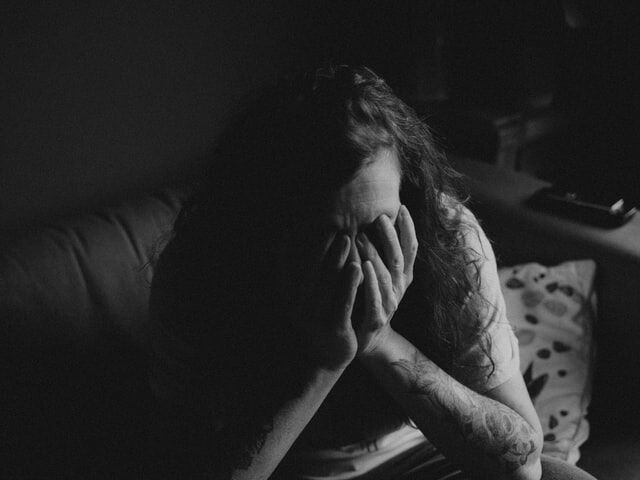Men and Emotions: why can’t the two go together?
According to Iowa State students, society tells men that they should be tough instead of vulnerable emotions.
October 5, 2021
Within the greater context of society, the gender role for men is still very defined.
According to Emma Jernigan, a freshman in criminal justice and psychology at Iowa State, men are often portrayed as strong and aggressive. Popular media continually states that when men are upset, it is expected that they will lash out violently rather than make themselves emotionally vulnerable. These misconceptions are reinforced by societal behavior. These stereotypes are widely pervasive and can be incredibly damaging.
“When I think of a man, I think of someone that is [buff] or doesn’t show emotion…or someone that tries to act tough in front of people,” Jernigan said.
According to a study commissioned by Movember, most men see themselves as being manly/masculine and believe masculinity is about being strong both physically and emotionally. As the popular perception shows, men believe themselves to be masculine when they are strong. It is believed to be more manly to handle adversity on one’s own rather than show vulnerability.
“I think what society has created as like a picture of a man is that they are supposed to be tough, and they are supposed to figure things out on their own…they shouldn’t need someone else to help them out with things,” Ayden Hall, a freshman majoring in actuarial science at Iowa State, said. “They shouldn’t show their emotions and they should just be strong, and basically suck up all those supposedly bad [emotions].”
This type of stereotype can be very damaging and incredibly stressful to men in need of help. According to Movember, over half of men say this pressure comes from “society” (51%), followed by themselves (41%) and then friends (35%). With pressure to remain emotionally reserved, men often internalize their problems rather than seek help. By simply internalizing their emotions, men can put themselves through a tremendous amount of emotional damage.
“I feel like asking for help shouldn’t be vulnerable…,” Jernigan said. “I feel like it’s good to be vulnerable, but I feel like asking for help shouldn’t have to be.”
Unfortunately, according to a study by Cornell University, men are taught at a young age, both directly and indirectly, to follow society’s norms for men. In the same study, participants assessed the behavior of a baby with an unspecified gender. When perceived to be a boy, participants were more likely to perceive the baby in distress as feeling “anger,” whereas when the baby was labeled a girl, participants found the emotion to be “fear.”
As the study states, “…It seems reasonable to assume that a child who is thought to be afraid is held and cuddled more than a child who is thought to be angry.”
With behavior being perceived differently, men and women are treated in distinctly different ways when growing up. As the lack of ability to show emotions is not rewarded, men can grow up learning how to internalize.
“I feel like in high school boys try to act harder or tougher… when you’re talking to younger boys they want to act like that when they grow up… that’s what they see and so that’s what they think they need to act like,” Jernigan said.
With emotional distress being internalized with no outlet, men can negatively harm their own mental health. In an attempt to appear tough, men can develop depression and anxiety. According to Dena T. Smith, an associate professor of sociology, anthropology and public health at the University of Maryland, Baltimore, in a constant cycle of negative emotions, men can displace their feelings through substance abuse and violent behavior. Smith said this can result in a vicious cycle of negative emotion and violence, which plagues men in today’s society.
“I think people are trying to change, but I don’t think [perception] is changing very quickly,” Hall said. “I think there could be a way, but everyone would have to be on board… It’s going to be hard to reverse and recreate a new image… but it could be done.”

















